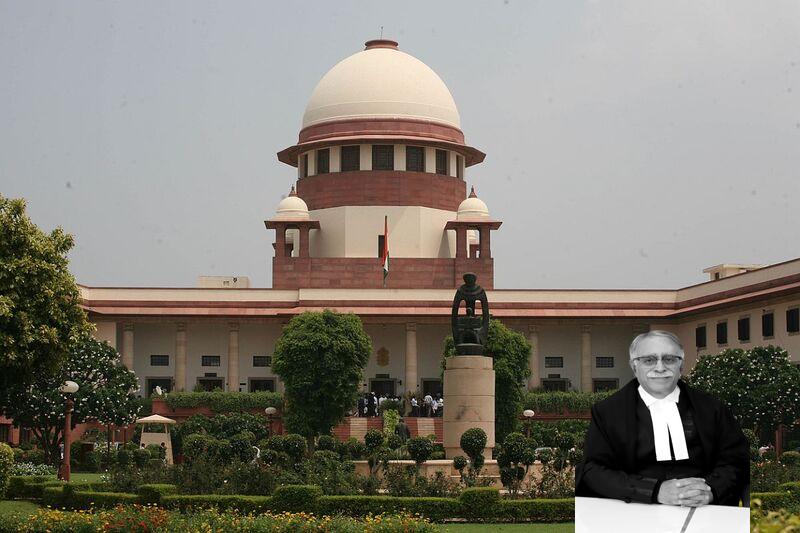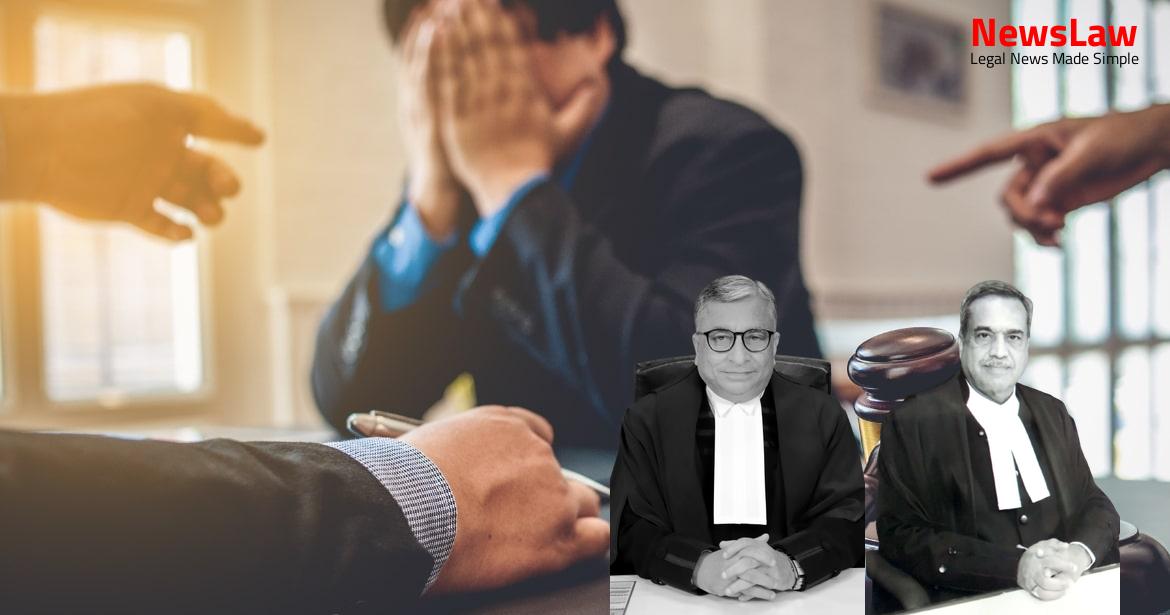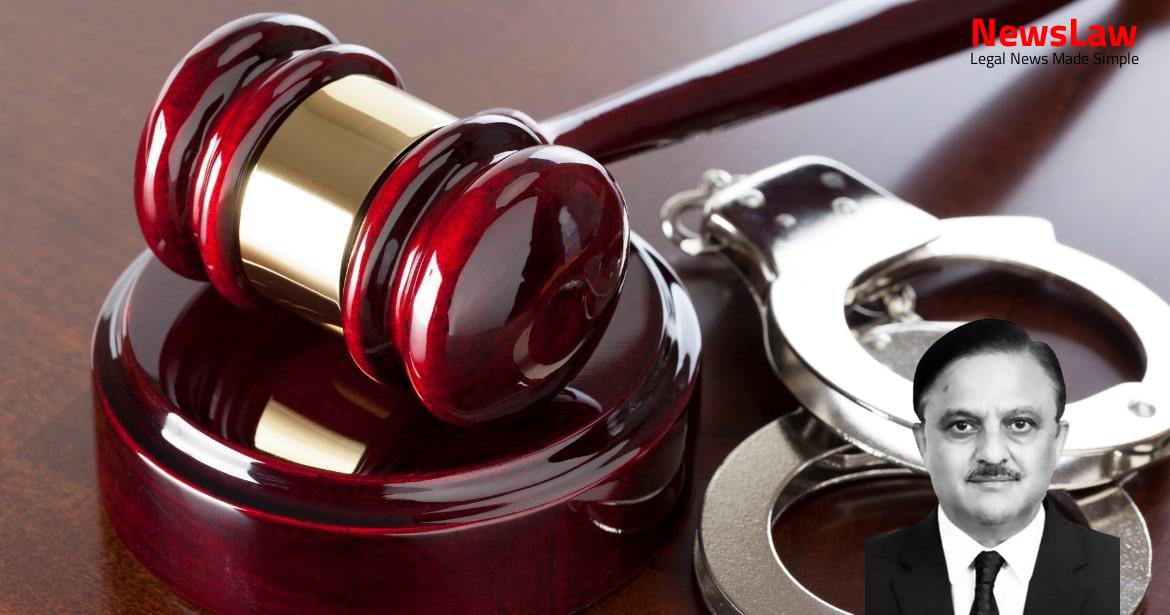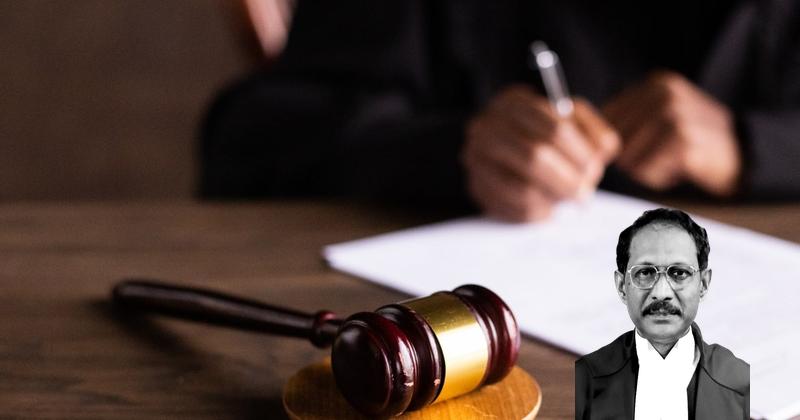Trial is not a contest between lawyers but a presentation of facts to which the law may be applied to resolve the issues between the parties and to determine their rights. The Halsbury’s Law of England state the following overriding objectives of the Civil Procedure Rules: (i) ensuring that the parties are on equal footing; (ii) saving expense; (iii) dealing with the case in ways which are proportionate: (a) to the amount of money involved; (b) to the importance of the case; (c) to the complexity of the issues; and (d) to the financial position of each party; (iv) ensuring that it is dealt with expeditiously and fairly; and (v) allotting to it an appropriate share of the court’s resources, while taking into account the need to allot resources to other cases; and (vi) enforcing compliance with rules, practice directions and orders. National Coal Board where his Lordship remarked: “The Judge’s part in all this is to hearken to the evidence, only himself asking questions of witnesses when it is necessary to clear up any point that has been overlooked or left obscure; to see that the advocates behave themselves seemly and keep to the rules laid down by law, to exclude irrelevancies and discourage reputation, to make sure by wise intervention that he follows, the points that the advocates are making and asses their oral, and at the end to make up his mind where the truth lies. Therefore, in my opinion, as long as, the judgment and order in Writ Petition No 869 of 1997 is in force and admittedly not challenged by either of the parties, it was not open for the trial Court to allow production of documents to confront the original defendant i.e. petitioner herein cannot be confronted by the plaintiff by producing documents during the course of cross- examination…” (Emphasis Supplied) 1 In Vinayak M Dessai (supra) the Learned Single Judge observed : “ 17. Section 120 provides that parties to the civil suit and their wives or husbands or husband or wife of person under criminal trial shall be competent witnesses while section 137 deals with the examination in chief of a witness by the party who calls him for his examination, the cross- examination being by the adverse party and re- examination being subsequent to cross-examination by the party who called him. Nonetheless, the discussion on the point is purely academic looking to the law on the point namely Order VII, Rule 14, Order VIII, Rule 1 and Order XIII, Rule 1 of the Civil Procedure Code. The learned trial Court therefore committed a jurisdictional error and therefore the impugned Order calls for an interference.” (Emphasis Supplied)
2
Finding there to be an apparent conflict between the above- stated two judgments on the issue of the difference, if any, between the party to a suit and a witness in a suit on the one hand and, also with respect to when it may be permissible to produce documents directly at the stage of the cross-examination vis a vis another judgment of a co-ordinate bench in Upper India Couper Paper Mills Co. This observation is directly contrary to the observations made in the above quoted portion of the judgment of a learned single Judge of this Court in the case Purshottam s/o Shankar Ghodegaonkar (supra), wherein it has been categorically laid down that the party to a suit cannot be equated with a witness and cannot be confronted with documents by casting surprise upon him, particularly when the documents were not filed along with the list of documents.
Dessai (supra), the learned single judges of this Court have laid down that documents cannot be produced directly at the stage of cross-examination for confronting a witness so as to spring a surprise upon him / her, in the case of Upper India Couper Paper Mills Co. The questions and their respective conclusions arrived at by the learned Division Bench, subject matter of the present appeal are extracted as under:- “ 40. The provisions of Order VII, Rule 14(4), Order VIII, Rule 1-A(4) which includes Rule 1-A(4)(a) and Order XIII, Rule 1(3) which includes Rule 1(3)(a) of Civil Procedure Code are not applicable to a party, who enters the witness box to tender evidence in his own cause. Dessai (supra), to the effect that permitting production of documents directly at the stage of cross- examination of a witness and/or a party to a suit would amount to springing a surprise and hence, it is impermissible, Since we have held that a party cannot be equated with a witness in the matter of applying the provisions of VII, Rule 14(4); Order VIII, Rule 1-A(4) and Order XIII, Rule 3 of Civil Procedure Code, the observations made in Purushottam s/o Shankar Ghodgaonkar (supra) and Vinayak M. For Question 1- Differences between a party to a suit and a witness have been identified, to hold that the Civil Procedure Code uses the expressions ‘party’ and ‘witnesses’ “in contradistinction to each other.” Further, it was observed that the role of a witness is separate and distinct to a party to a suit. as well as others, it was observed that the legislature has created an exception towards the documents being produced for cross-examination of witnesses of the other party to allow confrontation of witnesses by catching such person “unawares” in order to “bring out the truth on record”. 3 For Question 3 – In both Vinayak M Dessai and Purushottam (supra) a situation where a document was sought to be produced at the time of cross-examination of a party, who 10-SLP (C) No.14445 of 2021 was a witness in his own case, was considered and not during the cross-examination of a witness either called or summoned by the parties. Whether, under law, and more specifically, Order VII Rule 14; Order VIII Rule 1-A; Order XIII Rule 1 etc, enjoin the party under-taking cross examination of a party to a suit from producing documents, for the purposes thereof, by virtue of the use of the phrase(s) plaintiff/defendant’s witness or 11-SLP (C) No.14445 of 2021 witnesses of the other party, when cross examining the opposite party?
Also Read: https://newslaw.in/supreme-court/promotion-policy-for-rank-of-avm-in-indian-air-force/
(iv) Further, reference is made to Order VIII Rule 1 which is the general rule of production of documents and the exception carved there under in sub rule 3 which states that the rule of prior production shall not apply to documents produced for the above two instances. In furtherance of the above submissions, reference is made to judgments passed by the High Courts of Madras, Gujarat, Kerala, Delhi and Bombay.
Reference is made to Order VII Rule 14 (4), Order 8 Rule 1(A), (4) (a) and Order XIII Rule 1 (3).
A witness is a person, either 15-SLP (C) No.14445 of 2021 on behalf of the Plaintiff or the defendant, who appears before a Court to substantiate a statement or claim made by either side. A person is said “to be a witness” to a certain state of facts which has to be determined by a court or authority authorised to come to a decision, by testifying to what he has seen, or something he has heard which is capable of being heard and is not hit by the rule excluding hearsay, or giving his opinion, as an expert, in respect of matters in controversy…” A ‘witness’ as defined by P. This understanding, in our view, implies that the law places a party to a suit and a witness to a suit in watertight compartments and that a plaintiff/defendant, even when testifying to their own cause are not witnesses despite being in the witness box and being subject to the same practices and procedures as any other witness before the court on their behest. – In all civil proceedings the parties to the suit, and the husband or wife of any party to the suit, shall be competent witnesses. — Subject to the provisions of this Code as to attendance and appearance and to any law for the time being in force, where the Court at any time thinks it necessary [to examine any person, including a party to the suit] and not called as a witness by a party to the suit, the Court may, of its own motion, cause such person to be summoned as a witness to give evidence, or to produce any 18-SLP (C) No.14445 of 2021 document in his possession, on a day to be appointed, and may examine him as a witness or require him to produce such document.”
(Emphasis Supplied) In respect of the above provision, it is essential to notice that prior to the amendment to the Code in the year 1976, this Section was applicable to “any person other than a party to suit” the express exclusion has been amended, to turn it into an explicit inclusion within the term ‘witness’. —Where a party himself wishes to appear as a witness, he shall so appear before any other witness on his behalf has been examined, unless the Court, for reasons to be recorded, permits him to appear as his own witness at a later stage. Case law has gone beyond this strict literal interpretation of the expression which may now bear a wider meaning, namely, bearing testimony in court or out of court by a person accused of an offence, orally or in writing It is clear from the above discussion, that witnesses and parties to a suit, for the purposes of adducing evidence, either documentary or oral are on the same footing.
Also Read: https://newslaw.in/supreme-court/legal-analysis-of-appeal-against-order-of-commissioner-of-payments/
On this we may only highlight what the High Court had to observe: ” Merely because Order XVI Rule 21 provides that the Rules as to witnesses are to apply to parties summoned, that would not mean that the party is being equated with a witness. No proper reason is forthcoming from a perusal of the extracted portion or otherwise for the differentiation which is between a witness in the witness box and the conduct of a party appearing as a witness in the witness box.
–– The re-examination shall be directed to the explanation of matters referred to in cross- examination; and, if new matter is, by permission of the Court, introduced in re-examination, the adverse party may further cross-examine upon that matter. 2 [(2) Nothing in this section shall disentitle the person so permitted under sub-section (1), to rely on any part of the evidence of such witness.] Section 155 Impeaching credit of witness.––The credit of a witness may be impeached in the following ways by the adverse party, or, with the consent of the Court, by the party who calls him:–– (1) By the evidence of persons who testify that they, from their knowledge of the witness, believe him to be unworthy of credit; (2) By proof that the witness has been bribed, or has 1 [accepted] the offer of a bribe, or has received any other corrupt inducement to give his evidence; (3) By proof of former statements inconsistent with any part of his evidence which is liable to be contradicted; * * * * * Explanation. It is not doubted that such a phrase or other similar phrases have been employed in these provisions, however, if the holding of the High Court is given an imprimatur, it would cause an apparent conflict between provisions of the very same Act i.e., the sections reproduced immediately hereinabove vis a vis Section 120, which, as hitherto reproduced states that, a party to a suit shall be, amongst others, a competent witness. Having arrived at the conclusion as above, that the provisions of the Code as also the Evidence Act do not differentiate between a party to the suit acting as a witness and a witness otherwise called by such a party to testify, we may now consider the next question presented by this lis. It was observed that permitting a party to hold a document intentionally, for any purpose whatsoever would nullify the requirement of a level playing field in the litigation, but also undercut the said provisions because the language is clear- mandating for the parties to 24-SLP (C) No.14445 of 2021 produce documents, and whereas, the exception- i.e., Order VIII Rule 1-A (4) and Order XIII Rule 1(3) applies only to witnesses and not to parties. Production of document on which plaintiff sues or relies.— (1) Where a plaintiff sues upon a document or relies upon document in his possession or power in support of his claim, he shall enter such documents in a list, and shall produce it in Court when the plaint is presented by him and shall, at the same time deliver the document and a copy thereof, to be filed with the plaint. —(1) Where the defendant bases his defence upon a document or relies upon any document in his possession or power, in support of his defence or claim for set-off or counter-claim, he shall enter such document in a list, and shall produce it in Court when the written statement is presented by him and shall, at 25-SLP (C) No.14445 of 2021 the same time, deliver the document and a copy thereof, to be filed with the written statement.
Case Title: MOHAMMED ABDUL WAHID Vs. NILOFER
Case Number: C.A. No.-008146-008146 / 2023



